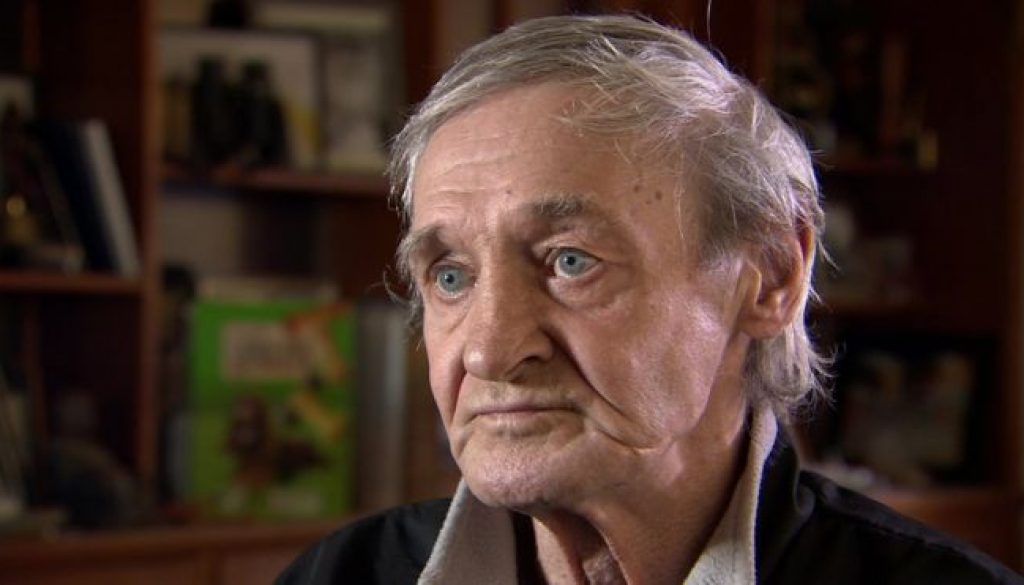On This Day 1991
From the BBC News “On This Day” resource we reproduce the following report, from 25 February 1991, of the impending release of the Birmingham Six.
Patrick Hill, Hugh Callaghan, Gerard Hunter, Richard McIlkenny, William Power and John Walker were finally released on 14 March 1991, after serving more than 16 years of wrongful imprisonment.
1991: Birmingham Six on verge of freedom
After 17 years in prison, the Birmingham Six could be freed within weeks.
It follows an announcement by the Director of Public Prosecution, Alan Green, that their convictions can no longer be considered safe and satisfactory.
Hugh Callaghan, Patrick Hill, Gerard Hunter, Richard McIlkenny, William Power and John Walker were all jailed in 1975 for an IRA attack on two pubs in Birmingham in November 1974 in which 21 people died.
They have consistently maintained their innocence.
Speaking during a live radio broadcast by Irish broadcaster RTE, one of the six, Hugh Callaghan, spoke about his ordeal.
“It should have happened a long time ago. It has been known for years and years that we were innocent,” he said.
Today’s preliminary hearing was told both scientific and police evidence presented at the original trial could no longer be relied upon and that therefore the Crown’s case against the men had collapsed.
Their third appeal will be heard at the Court of Appeal on Monday, 4 March.
New evidence collected in the past year will be presented to the court, which will make the final decision on whether or not to release the men.
Family joy
Friends, family and supporters were overjoyed by the news.
The Irish government issued a statement saying it shared their relief and joy.
Gareth Pierce, the solicitor for five of the men, said the case was “a national disgrace” and called for the evidence to be made public.
Patsy Power, William Power’s wife, said: “It’s over and done but the system has to be altered so nothing like this happens again.”
Former Master of the Rolls Lord Denning, who rejected the men’s appeal in 1980, said he was saddened by the case.
“As I look back I am very sorry, because I always thought that our police were splendid and am very sorry that in this case it appears the contrary,” he said.
| In Context |
| The Birmingham Six were released amid scenes of wild jubilation on 14 March 1991 after their convictions were quashed by the Court of Appeal.Their case – and that of the Guildford Four freed in 1989 – led to the creation of a Royal Commission on Criminal Justice which made various recommendations in 1993.The six men have struggled to cope with freedom since their release. Several turned to drink and most of their marriages suffered as a result.Their fight for what they consider adequate compensation for one of Britain’s most notorious miscarriages of justice continues.Patrick Hill set up his own pressure group – Miscarriages of Justice Organisation – and in 2002 said there were up to 4,000 people wrongfully imprisoned in the UK.In February 1999 Gareth Pierce, a lawyer for five of the six, handed back a CBE awarded to her at the New Years Honours list.The real Birmingham pub bombers have not been prosecuted. |
The original article can be found HERE.

![16[2]](https://mojoscotland.org/wp-content/uploads/2024/06/162-1024x768-394x330.jpg)

